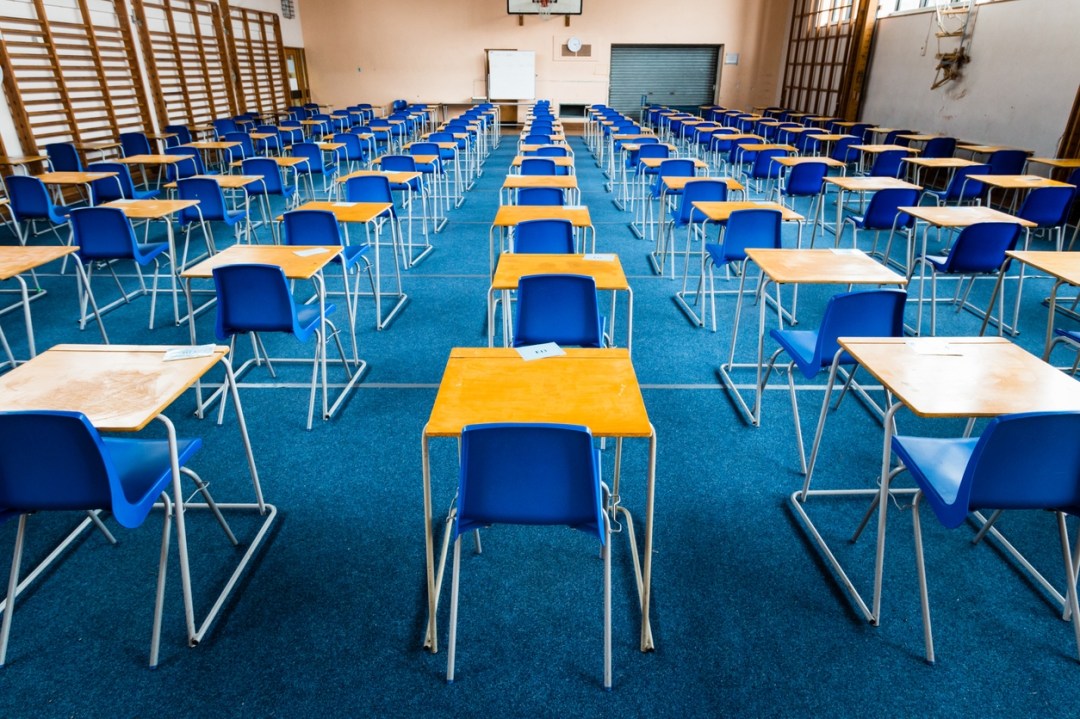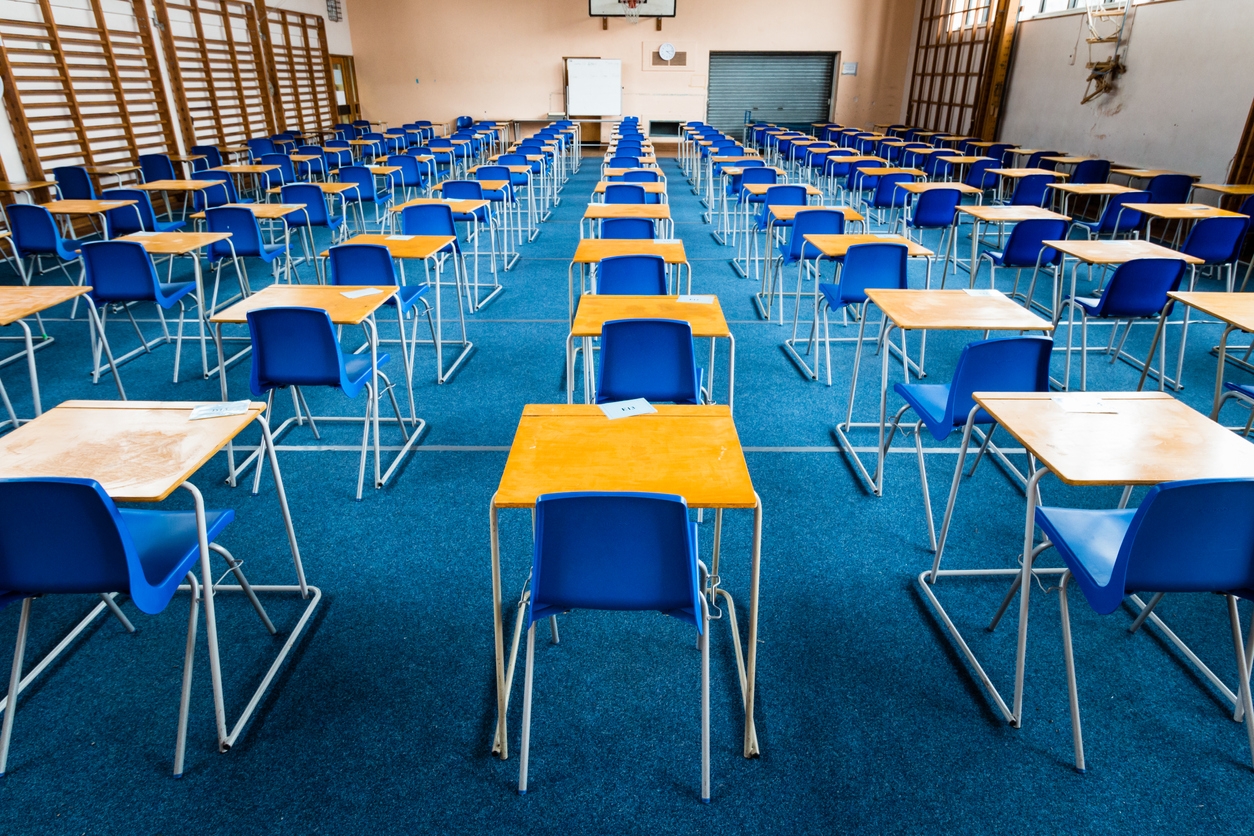Last year, after the cancellation of exams and the ensuing A Level results fiasco, which saw thousands of students downgraded by an algorithm, the Government promised this would never happen again. They asked students to put their faith in a system that had failed them once before, and guaranteed that lessons would be learnt. Yet, one year later, young people are being put in yet another impossible position by the education system.
Despite earlier assurances from the Education Secretary that exams would not be cancelled this year, teacher-assessed grades will end up deciding the fate of the class of 2020/21. That will create its own set of problems for many students. But for the 20,000 young people hoping to ‘re-sit’ their exams this year, after having their futures decided by a rogue algorithm, it has made life even more difficult.
I know this from first-hand experience. My university dreams were shattered by the A Level algorithm in 2020. I lost offers from top Russell Group universities after the algorithm gave me a B, an E and a U, leaving me with two choices: either accept the unjust hand I had been dealt, or choose to take back control of my education and life. I chose the latter, and decided to ‘re-sit’ my A-levels as a private candidate.
Young people are being put in yet another impossible position by the education system
The prospect of studying to do A Levels again without any formal academic support was incredibly daunting. I had been working full-time throughout the pandemic to keep a roof over my head and food on the table, having been homeless at the age of 16 and supporting myself through my studies. I had to delay my life for a year to achieve a set of qualifications that had previously been decided by my postcode rather than my potential.
But I took comfort in the fact that I would at last be able to sit the exams that I was denied the opportunity to do in Summer 2020. If I worked hard and studied harder, I knew I would be able to prove myself and get the grades that I deserved.
If I had known back then that private candidates like myself, who have worked our socks off to succeed without support, would be left scrambling to figure out how our non-existent teachers could provide ‘teacher-assessed grades’, I may have rethought my plans.
Despite everything the Government has done to provide guidance for teachers and students in this year’s cohort, there is also a significant absence of clarity around the process of awarding grades to private candidates. The Department for Education has said that exam centres should assess private candidates in a similar way to those in formal education, taking into consideration a ‘range of evidence’ such as homework, assessments and coursework so that they can give an assessed grade. This has led to a highly inconsistent approach across exam centres.
Some centres are asking students to submit the work they have done at home, some are providing the opportunity to complete non-examined assessments over the course of several months and others are simply making them sit de-facto exams. In some cases, this has led to large financial costs. Young people who do not have the support of a school or college are now paying hundreds of pounds to effectively sit a set of non-standardised exam papers, while the rest of their cohort are awarded grades based on their work throughout the year.
This is having a devastating effect on inequality. Many of the poorest students will be juggling work with private assessments and scrambling to find a way to get ‘teacher assisted grades’. These students were failed by the government last year when the A level exams were scrapped. Now they are facing yet more hurdles just to have the chance to prove themselves in exams.
We should not wait to fix the inequalities that this system will perpetuate. It is not enough to simply wait until August before U-turning, as the government did last year. For students like me, who decided not to settle with a set of grades that were far below my capabilities, a teacher-assessed grade is simply not achievable unless the guidance provided to awarding exam centres is significantly enhanced.
There are over 20,000 private candidates across the country who are facing the exact uncertainty that I have just described. The grades they are awarded will either unlock their futures or serve as a life sentence. I can only hope that the Government will work to ensure that private candidates do not become a collateral damage of the coronavirus outbreak once again.







Comments